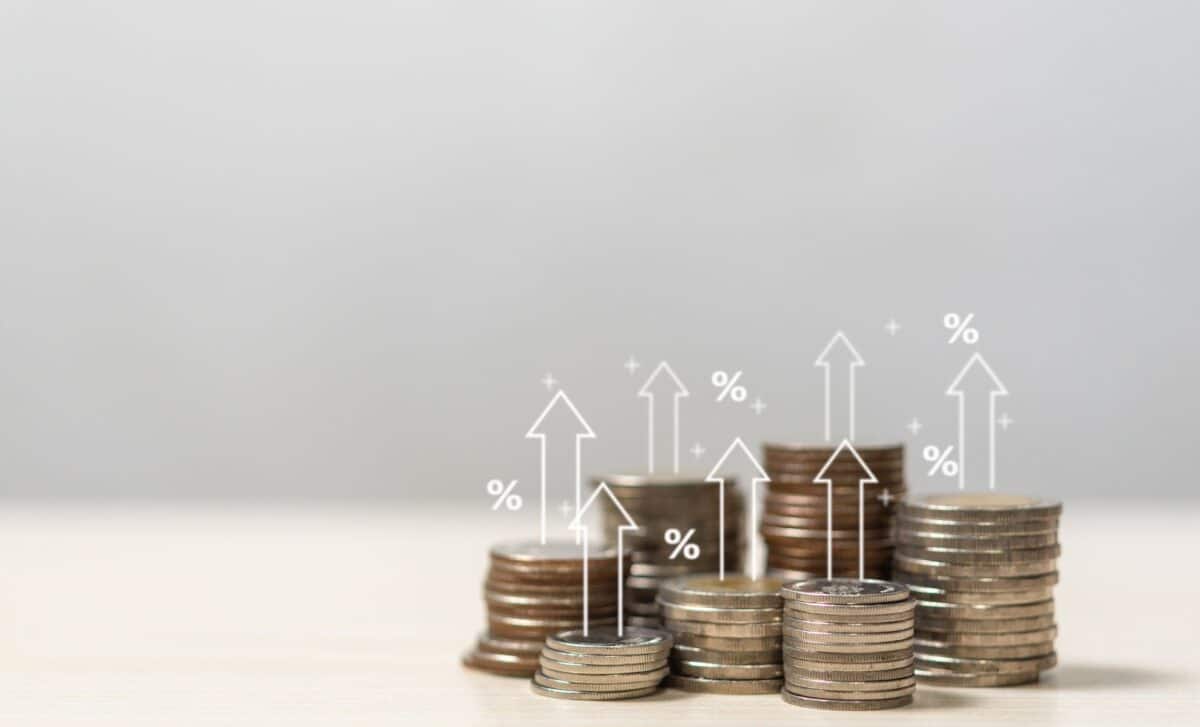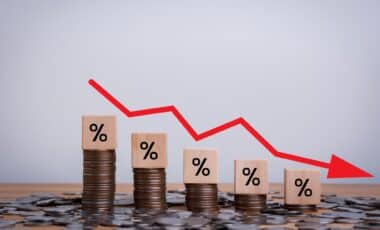Britain’s economy expanded by 0.7% in the first quarter of 2025, according to the Office for National Statistics (ONS), surpassing analysts’ expectations of 0.6% and marking the fastest growth rate in a year. The figure represents a significant recovery from the 0.1% growth recorded in the final quarter of 2024.
The announcement comes just ahead of the impact of new US trade tariffs and domestic tax increases, both of which economists suggest could limit further economic momentum. The timing of the data has ignited debate among political leaders and industry bodies about the sustainability of this growth.
Services Sector and Investment Fuel Recovery
The first quarter growth was broadly driven by the UK’s services sector, which expanded by 0.7%. According to the ONS, areas such as wholesale, retail, computer programming, car leasing and advertising reported strong performance, offsetting declines in education, telecoms and legal services.
Production also contributed positively, rising by 1.1% over the period. Business investment was notably strong, increasing by 5.9%, which Pantheon Macroeconomics attributed in part to increased aircraft imports that count as capital investment.
Exports rose by 3.5%, breaking a three-quarter decline, as companies sought to ship goods ahead of newly introduced US import tariffs, which took effect in April. According to Capital Economics, this front-loading of economic activity may have exaggerated the strength of the first quarter figures.
According to ONS director Liz McKeown, “The economy grew strongly in the first quarter of the year, largely driven by services, though production also grew significantly, after a period of decline.”
Mixed Reactions Amid Uncertain Outlook
Political leaders were quick to interpret the figures in line with their policy platforms. Chancellor Rachel Reeves stated the results showed the government was “making the right choices” and noted the UK had outpaced the US, Canada, France, Italy, and Germany in growth during the same period.
Prime Minister Sir Keir Starmer highlighted that the data marked progress toward his goal of delivering the highest G7 growth, pointing to recent interest rate cuts and rising real wages.
In contrast, Shadow Chancellor Mel Stride described the growth as “welcome but fragile,” citing downgrades to UK growth forecasts by the International Monetary Fund and Office for Budget Responsibility. He also criticised recent increases to employers’ national insurance contributions, calling them a “jobs tax”.
Several analysts, including from the Resolution Foundation, warned the figures may reflect temporary factors. April data, not yet available, is expected to show weaker performance amid the combined effects of Trump’s tariffs and UK fiscal tightening.
While the UK economy has shown resilience, experts caution that short-term gains may not signal a broader recovery, especially with global trade and investment conditions facing renewed uncertainty.









